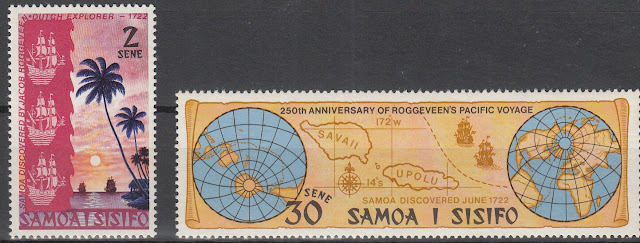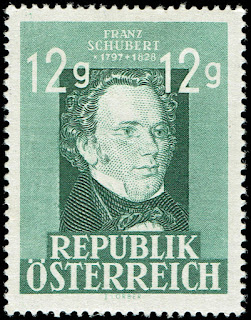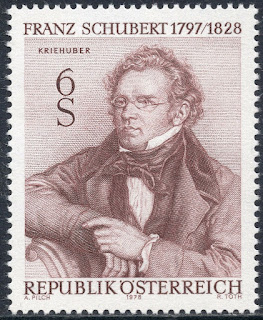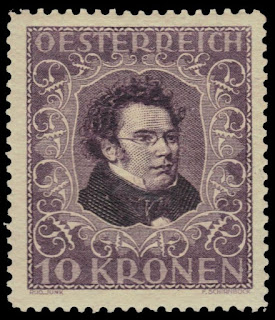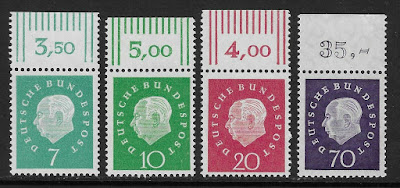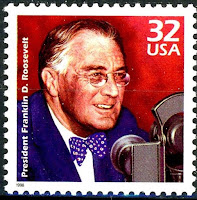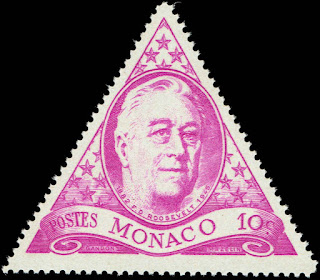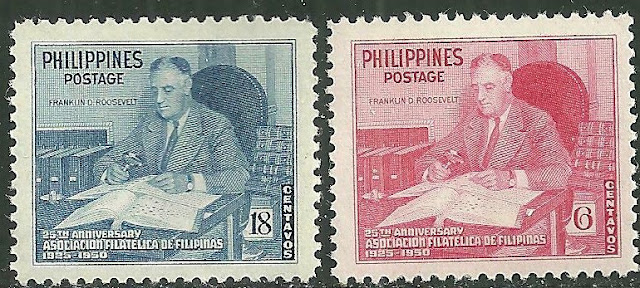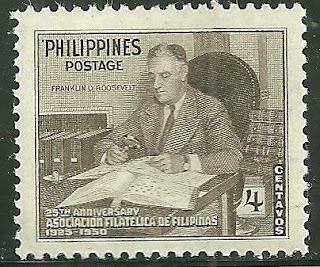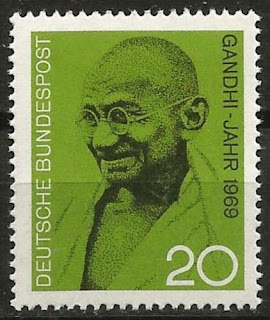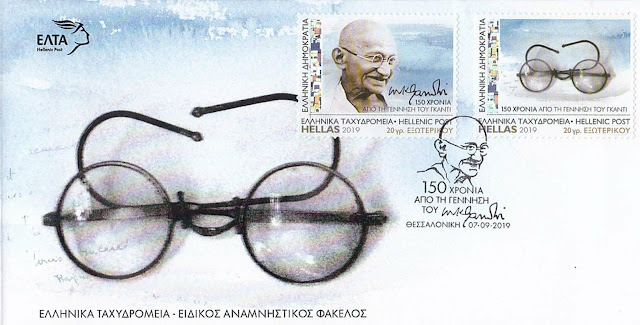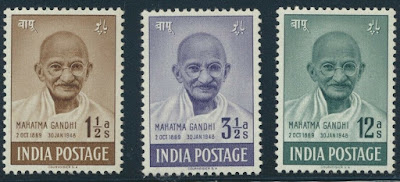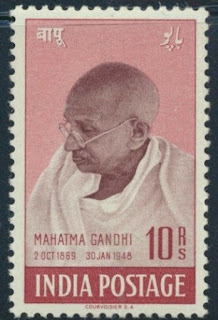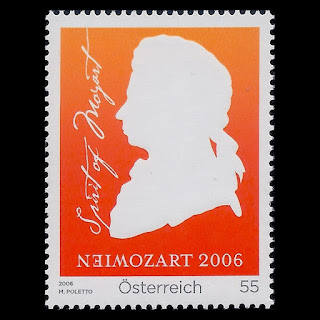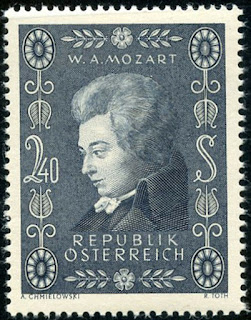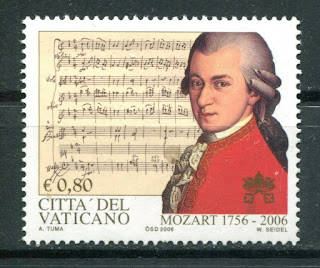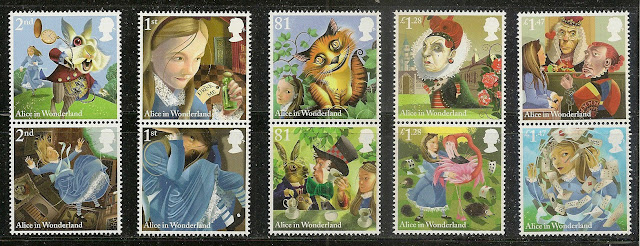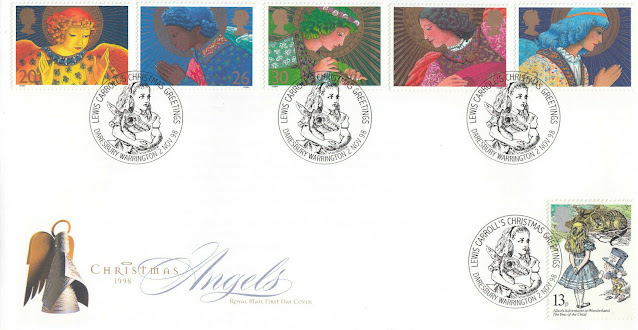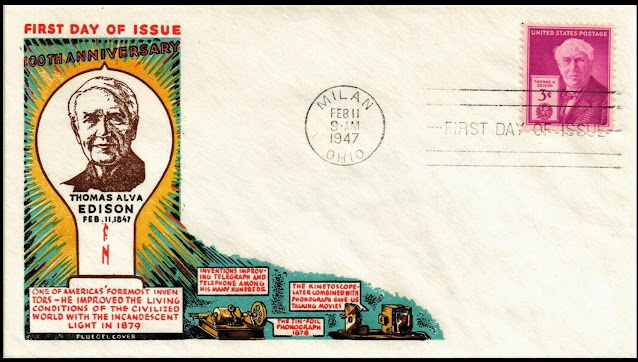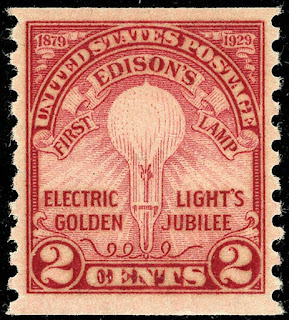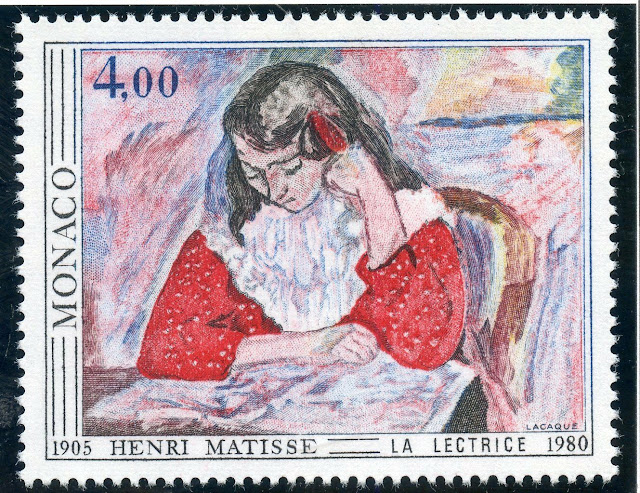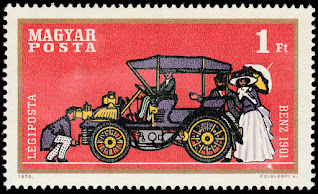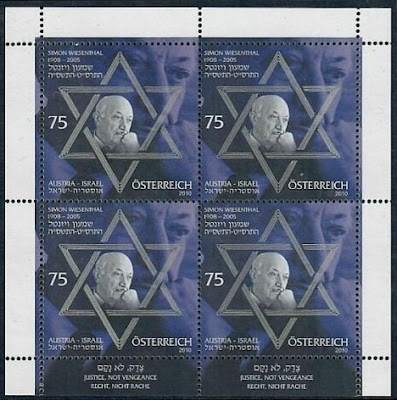Here are some events that happened on January 31st. It could be an event or a person that died or was born on that day
1729 Died: Jacob Roggeveen, Dutch explorer (b. 1659)
Jacob Roggeveen (1 February 1659 – 31 January 1729) was a Dutch explorer who was sent to find Terra Australis, but instead came across Easter Island (called so because he landed there on Easter Sunday). Jacob Roggeveen also encountered Bora Bora and Maupiti of the Society Islands and Samoa. He planned the expedition along with his brother Jan Roggeveen, who stayed in the Netherlands.
Stamps issued to commemorate the 250th anniversary of the discovery of Samoa
1797 Born: Franz Schubert, Austrian pianist and composer (d. 1828)
Franz Peter Schubert (31 January 1797 – 19 November 1828) was an Austrian composer of the late Classical and early Romantic eras.
Despite his short lifetime, Schubert left behind a vast oeuvre, including more than 600 secular vocal works (mainly lieder), seven complete symphonies, sacred music, operas, incidental music and a large body of piano and chamber music.
His major works include the Piano Quintet in A major, D. 667 (Trout Quintet), the Symphony No. 8 in B minor, D. 759 (Unfinished Symphony), the ”Great” Symphony No. 9 in C major, D. 944, the three last piano sonatas (D. 958–960), the opera Fierrabras (D. 796), the incidental music to the play Rosamunde (D.797), and the song cycles Die schöne Müllerin (D. 795) and Winterreise (D.911).
Born in the Himmelpfortgrund suburb of Vienna, Schubert's uncommon gifts for music were evident from an early age. His father gave him his first violin lessons and his older brother gave him piano lessons, but Schubert soon exceeded their abilities. In 1808, at the age of eleven, he became a pupil at the Stadtkonvikt school, where he became acquainted with the orchestral music of Haydn, Mozart, and Beethoven. He left the Stadtkonvikt at the end of 1813, and returned home to live with his father, where he began studying to become a schoolteacher; despite this, he continued his studies in composition with Antonio Salieri and still composed prolifically. In 1821, Schubert was granted admission to the Gesellschaft der Musikfreunde as a performing member, which helped establish his name among the Viennese citizenry. He gave a concert of his own works to critical acclaim in March 1828, the only time he did so in his career. He died eight months later at the age of 31, the cause officially attributed to typhoid fever, but believed by some historians to be syphilis.
Appreciation of Schubert's music while he was alive was limited to a relatively small circle of admirers in Vienna, but interest in his work increased significantly in the decades following his death. Felix Mendelssohn, Robert Schumann, Franz Liszt, Johannes Brahms and other 19th-century composers discovered and championed his works. Today, Schubert is ranked among the grophetic of the later Romantic movement, with astonishing vertical spacing occurring for example at the beginning of the development.
Franz Schubert's Symphony No. 8 in B minor, D 759 (sometimes renumbered as Symphony No. 7, in accordance with the revised Deutsch catalogue and the Neue Schubert-Ausgabe), commonly known as the Unfinished Symphony (German: Unvollendete), is a musical composition that Schubert started in 1822 but left with only two movements—though he lived for another six years. A scherzo, nearly completed in piano score but with only two pages orchestrated, also survives.
Schubert's Eighth Symphony is sometimes called the first Romantic symphony due to its emphasis on the lyrical impulse within the dramatic structure of Classical sonata form. Furthermore, its orchestration is not solely tailored for functionality, but specific combinations of instrumental timbre that are prophetic of the later Romantic movement, with astonishing vertical spacing occurring for example at the beginning of the development.
To this day, musicologists still disagree as to why Schubert failed to complete the symphony. Some have speculated that he stopped work in the middle of the scherzo in the fall of 1822 because he associated it with his initial outbreak of syphilis—or that he was distracted by the inspiration for his Wanderer Fantasy for solo piano, which occupied his time and energy immediately afterward. It could have been a combination of both factors
Stamps from Austria and Germany depicting Schubert
1884 Born: Theodor Heuss, German journalist and politician, 1st President of the Federal Republic of Germany (d. 1963)
Theodor Heuss (German: 31 January 1884 – 12 December 1963) was a German liberal politician who served as the first President of the Federal Republic of Germany from 1949 to 1959. His cordial nature – something of a contrast to the stern character of chancellor Konrad Adenauer – largely contributed to the stabilization of democracy in West Germany during the Wirtschaftswunder years. Before beginning his career as a politician, Heuss had been a political journalist.
After World War II the US Office of Military Government on 24 September 1945 appointed Heuss the first Minister of Education and Cultural Affairs in the German state of Württemberg-Baden under his fellow party member Minister-president Reinhold Maier, in favour of whom he resigned in 1946. As a co-founder of the Democratic People's Party (Demokratische Volkspartei, DVP), the predecessor of the German Free Democratic Party (Freie Demokratische Partei, FDP) in the southwestern German states, he was a member of the Württemberg-Baden state parliament (Landtag) from 1946 to 1949. Heuss also taught history at the Stuttgart Institute of Technology in 1946 and 1947, receiving the title of an honorary professor in 1948.
After plans elaborated with Wilhelm Külz to build up an all-German liberal party had failed, Heuss in December 1948 was elected head of West German and Berlin sections of the newly founded Free Democratic Party. He advocated uniting all liberal parties in the Western occupation zones, overcoming the split between right liberals and left liberals that had existed in the Weimar Republic. In 1948, he was a member of the Parlamentarischer Rat (Parliamentary Council) at Bonn with considerable influence in the drafting of West Germany's constitution, the Basic Law for the Federal Republic of Germany.
After being elected to the first German Bundestag, he relinquished his parliamentary mandate on 12 September 1949, when he was elected President by the Federal Convention (Bundesversammlung) defeating the Social Democrat leader Kurt Schumacher in the second ballot. He took the oath required by article 56 of the Basic Law before a joint session of the Bundestag and the Bundesrat on the same date. By the time he was confirmed as the first democratic German president since Paul von Hindenburg, he refused to be called “Excellency”, preferring instead to be called simply “Herr Heuss”, Herr Bundespräsident is the German term of address up to today. Heuss's plans for a new national anthem were aborted by Adenauer, who – in rare accordance with Kurt Schumacher – had the third stanza of the old Deutschlandlied established in 1952.
A widower since 1952, Heuss was re-elected in 1954 with practically no opposition, after the Social Democrats had renounced the nomination of a rival candidate. Not until May 1956, could he make his first state visit, invited by King Paul of Greece. The president, accompanied by Foreign Minister Heinrich von Brentano, was overwhelmed by the warm reception in Athens, considering that the country had heavily suffered under German occupation in World War II. He held office until the end of his term on 12 September 1959, succeeded by Heinrich Lübke. He had declined a third term in office, as this would have necessitated changing the constitution.
Heuss shaped the office of president by his non-partisan governing. As a representative of the democratic-liberal and cultural traditions of Germany, he was a symbol of confidence in the German post-war republic in the international community. His further state visits to Turkey, Italy, Canada, the United States, and the United Kingdom contributed greatly to the increase of appreciation toward the still young Federal Republic of Germany. He was opposed to re-armament and the founding of the new West German Army in 1955, but had no power to stop it. His ironic speech at the swearing in of the first new soldiers, "Nun siegt mal schön!" ("Happy war-winning!"), is well remembered. In 1959, Heuss was awarded the prestigious Friedenspreis des Deutschen Buchhandels. In addressing the memory of Nazism and the Third Reich, Heuss introduced the concept of collective shame as opposed to collective guilt. His rhetoric encouraged the Germans to never forget the Holocaust and precisely described the crimes against the Jews but he refrained from citing those who were responsible for their suffering.
On 12 December 1963 Heuss died in Stuttgart, aged 79.
German stamps depicting Theodor Heuss
